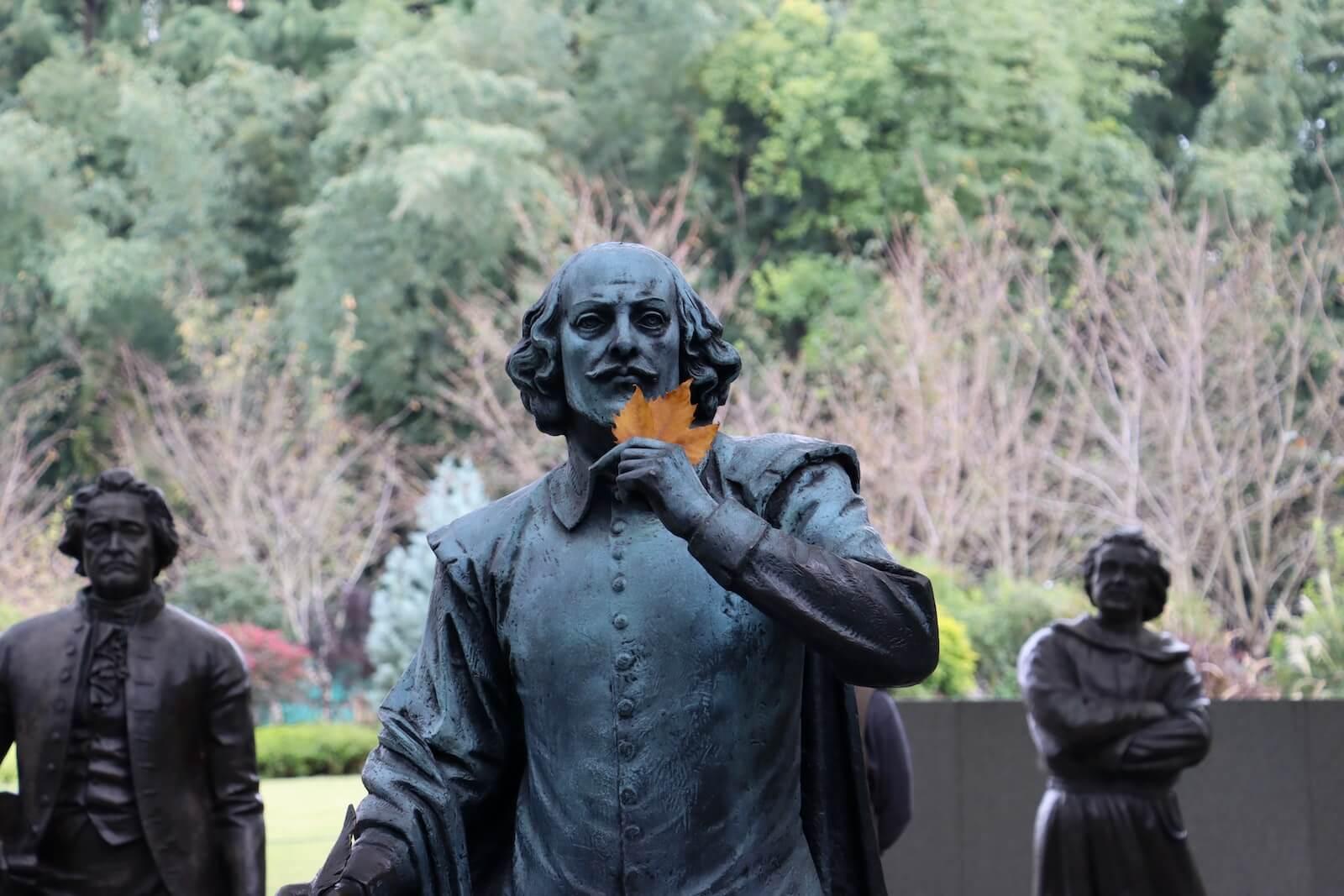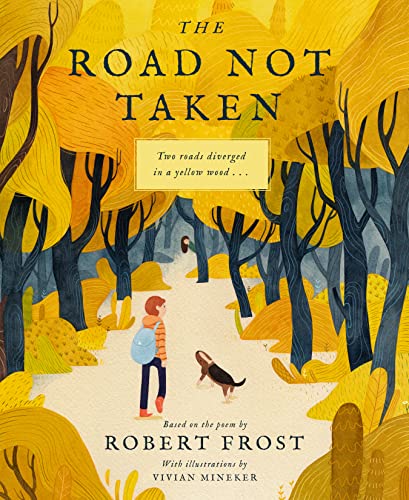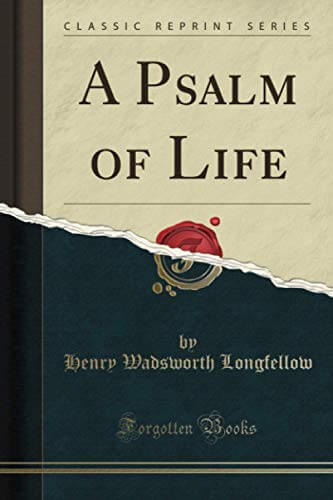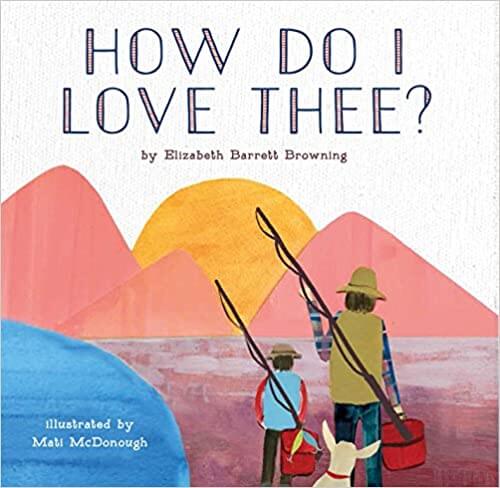Poetry has the power to evoke deep emotions within us, be it about life, love or loss. In this article, we’ll reveal the best poems of all time, according to the consensus among 12 literary experts. What was our inspiration for this journey through time to explore the best poems sublime? World Poetry Day is coming up on March 21! This annual celebration was first adopted by UNESCO in 1999, and in honor of the day, we’ve found the top five poetic masterpieces where emotions are woven into lines with words and rhymes.
What makes a good poem? New York University researchers took a dive to learn what makes poetry come alive. And they found that contrary to popular belief, science and English literature do mix. Through their study, the researchers discovered that vivid imagery was the strongest predictor of a poem’s appeal to readers. Additionally, the emotional tone of a poem — light or dark — also played a significant role in its aesthetic appeal. Basically, when a reader could clearly envision the content or felt an emotional connection, the odds of a poem being collectively favored were higher.
For parents with little ones, investing in a few rhyming poetry books is worthwhile. Children have an inherent fascination with rhymes, as evidenced by the timeless tales of Dr. Seuss. And just by reading to your kids, you are providing them with a priceless gift of knowledge. According to an Ohio State University study, reading five books a day to your children can expose them to 1.4 million more words by kindergarten compared to those who don’t have books read to them. This “million-word gap” can have a significant impact on their reading readiness and vocabulary development. And by reading poetry, you’re aligning with the UNESCO mission for World Poetry Day, which is to promote the reading, writing and teaching of poetry.
Wondering which poems you should read on March 21 this year? StudyFinds has compiled a list of the top five best poems of all time according to expert reviews and opinions. These five literary works are just a small sample of the many that exist, so we’re sure you could come up with your own list of favorites, too! Let us know in the comments which poems you think are the best of the best. And we hope you have a riveting World Poetry Day!
The List: Best Poems of All Time, According to Literary Experts
1. “The Raven” by Edgar Allen Poe (1845)
This haunting and melancholic poem explores grief, loss and the supernatural through the narrator’s interactions with a mysterious raven. Early Bird Books recounts what rhymes make this poem stand out: “Relive the words that moved us the most. ‘Deep into that darkness peering, long I stood there, wondering, fearing, doubting, dreaming dreams no mortals ever dared to dream before; but the silence was unbroken, and the stillness gave no token, and the only word there spoken was the whispered word, ‘Lenore!’ This I whispered, and an echo murmured back the word, ‘Lenore!’ Merely this, and nothing more.’”

“It has cemented itself in the modern era, and has been the subject of many portrayals, from Vincent Price in the 1960s to The Simpsons rendition in the 1990s. One of the keys to its incredible appeal is its brilliant rhyme pattern and rhythm. While the language may be somewhat difficult to understand or relate to, people keep returning to it for Poe’s enchanting classical meter,” GreatestPoems.com raves.
Ranker.com ranks this as (you guessed it!) number one, and here’s why: “The poem is often noted for its musicality, stylized language, and supernatural atmosphere. It tells of a talking raven’s mysterious visit to a distraught lover, tracing the man’s slow fall into madness. The lover … is lamenting the loss of his love, Lenore. … The raven seems to further instigate his distress with its constant repetition of the word ‘Nevermore.’ Poe claimed to have written the poem very logically and methodically, intending to create a poem that would appeal to both critical and popular tastes.”
2. “Sonnet 18” by William Shakespeare (1609)
A love poem, “Sonnet 18” praises the beauty of a beloved person and immortalizes them through the power of poetry. Classical Poets talks about what makes this poem timeless: “Basically, the narrator tells someone he esteems highly that this person is better than a summer’s day because a summer’s day is often too hot and too windy, and especially because a summer’s day doesn’t last; it must fade away just as people, plants, and animals die. But, this esteemed person does not lose beauty or fade away like a summer’s day because he or she is eternally preserved in the narrator’s own poetry. … This is the very best of poetry.”

“Any number of Shakespeare’s poems could claim a spot on this list, but none have been quoted and remembered quite like this one. It is simple and straightforward, while also managing to be every bit as romantic and touching as any of Shakespeare’s works,” The Strand Magazine writes.
Good Housekeeping credits Shakespeare for helping us articulate that crazy little thing called love: “Shakespeare was a big fan of the original form of romantic poetry — the classic sonnet — which always included 14 lines, with each line written in iambic pentameter (a steady, bouncy rhythm of 10 syllables). He has countless famous sonnets, but this one, published in 1609, is a beauty we’ve memorized by heart. Best part: ‘Shall I compare thee to a summer’s day? Thou art more lovely and more temperate.’”
3. “The Road Not Taken” by Robert Frost (1916)
Which path should you choose in life? This famous poem explores just that, describing decision-making and the uncertainty of life’s journey.

Learnodo-Newtonic.com provides the inspiration behind the poem as well as a common analysis: “Robert Frost was close friends with British poet Edward Thomas and the two took many walks together. In Frost’s words, Thomas was ‘a person who, whichever road he went, would be sorry he didn’t go the other.’ ‘The Road Not Taken’ was initially meant to be a gentle mocking of indecision. It has since been interpreted by readers as a poem on the benefit of free thinking and not following the crowd.”
PoemAnalysis.com adds, “‘The Road Not Taken’ is likely Frost’s most popular poem. He uses language that is easy to understand and relate to. His poem is about a fork in the road in a speaker’s life and his choice to take one particular path. The melancholic but beautiful language makes memorizing this poem a pleasure.”
The Strand Magazine points out why they think this poem reaches for the stars: “Another poet who easily could have several poems on this list, we chose The Road Not Taken for its popularity despite being one of the most misquoted poems of all time.”
4. “A Psalm of Life” by Henry Wadsworth Longfellow (1838)
This inspirational poem encourages readers to live their lives with purpose and to leave a positive impact on the world. Scientific Editing says this brilliant poem came from a brilliant mind: “Longfellow was such a celebrated poet whose poems depicted his brilliance. His poem, ‘A Psalm of Life’ is nine stanzas long and each stanza seems to highlight a different train of thought. However, in conclusion, the poem glorifies life, its purpose, all it is, and all it can be. The poem is a kind of invocation to mankind, inspiring them to remain on the path of righteousness as it is the right way to live life.”

And A Conscious Rethink thinks there’s something motivating about the rhymes: “This rhyming poem is the spark that can reignite the fires within you. It challenges you to go out and live your life in the present moment as a ‘hero’ and leave your mark on this world. Act! Take Action! Be Active!”
“‘A Psalm of Life’ by Henry Wadsworth Longfellow is one of the lesser-known poems on this list but once you read it, you won’t forget it. In it, Longfellow speaks on the purpose of life and the possible ways of handling sorrow along the way,” mentions PoemAnalysis.com.
5. “How Do I Love Thee?” by Elizabeth Barrett Browning (1850)
This renowned sonnet expresses the depth and breadth of the speaker’s love for their beloved. Writer’s Digest shares how love knows no bounds: “Let’s start with a classic. It begins, ‘How do I love thee? Let me count the ways.’ And well, the rest of this sonnet counts the ways, ending with, ‘I shall but love thee better after death.’ Loving beyond this life is pretty epic.”

“This is one of the most famous short love poems in existence, showing that feelings felt in the 1800s are the same as the ones experienced now. ‘How do I love thee? Let me count the ways,’ Browning begins as she extolls the expressions and manifestations of her affection,” Oprah Daily says.
This one also makes for a good party trick: “It is one of the most recognizable poems in the English language, making it perfect to memorize,” writes PoemAnalysis.com.
These are just a handful of the poems experts treasure and return to again and again with pleasure. Feel free to extend this list in the comments!
You might also be interested in:
- Best Dr. Suess Books of All Time
- Best Children’s Books Of All Time
- Best Fantasy Books
- Best Colleen Hoover Books
Sources:
- Early Bird Books
- GreatestPoems.com
- Ranker.com
- Classical Poets
- The Strand Magazine
- Good Housekeeping
- Learnodo-Newtonic.com
- PoemAnalysis.com
- Scientific Editing
- A Conscious Rethink
- Writer’s Digest
- Oprah Daily
Note: This article was not paid for nor sponsored. StudyFinds is not connected to nor partnered with any of the brands mentioned and receives no compensation for its recommendations. This post may contain affiliate links.

Ode to a Nightingale John Keats
Elegy Written in a Country Churchyard by Thomas Gray
My choices:
Elegy Written in a Country Churchyard by Thomas Gray
The Raven by Edgar Alan Poe
Ode to a Nightingale by John Keats
Best poem: “Ulysses” by Tennyson.
Great book: The Raven, and The Philosophy of Composition – Amazon USA
Disappointed by not seeing “IF” by Rudyard Kipling.
‘Ithaca’ by Cavafy;
‘He who…’ Sappho.
The Greeks are the very best poets…..